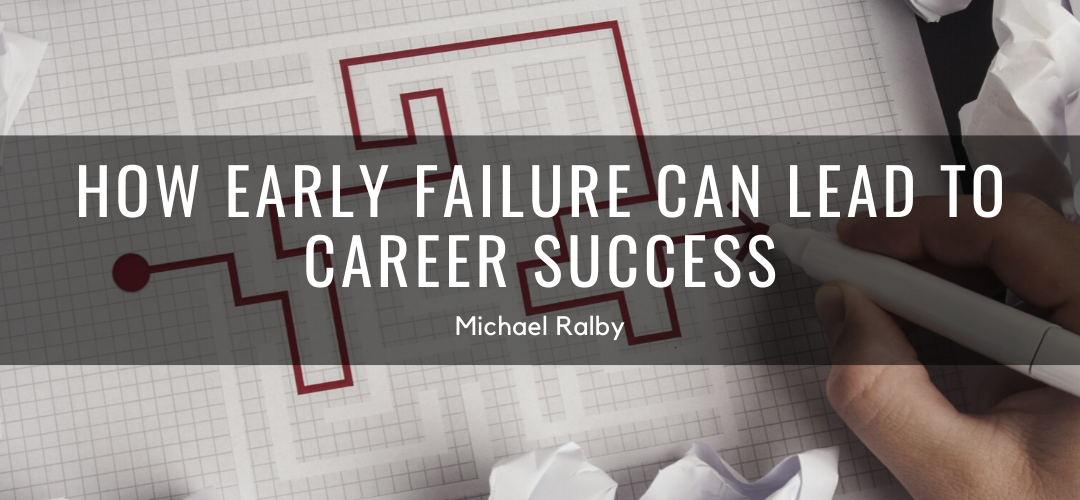Regardless of your professional experience, failure can hurt your confidence, self-esteem, and productivity. However, it is important to recognize that failure is a part of life, and it is rarely an indicator that you will never achieve success. In fact, studies have shown that experiencing failure early in life is actually a key ingredient to future successes. For those looking to succeed, you must be willing to fail.
The Study
As described by the writers at the New York Times, this study assessed the long-term success of individuals who applied for a grant from the National Institutes of Health. There were two focal groups for this study: those who just barely received the grant and those who just barely did not. Researchers found that, after ten years, those who did not receive the grant led more successful lives, suggesting that early failure could prompt greater future success.
Persistence
When everything goes your way, it is easy to fall into the trap of expecting success in everything you do. However, your successful streak is bound to falter at some point, and individuals who never or rarely experience failure may be shell-shocked by the sudden appearance of any kind of failure. Failing near the start of your career teaches you to recover and continue trying. Failure isn’t a signal to give up; it is a sign to try again. Individuals who experience failure early on in their lives are less likely to buckle under pressure or quit after experiencing a setback, making them more persistent and tenacious.
Independence
Experiencing professional failure for the first time can be disheartening, but it teaches a valuable lesson in regards to independence. In order to avoid future failures, you must make the necessary changes and resolve to grow. Achieving success after failing in some way is dependent on what you decide to do afterward. Similarly, some entrepreneurs realize early on in their careers that relying on private investors can be detrimental in the long-run; rather than relying on external forces, some individuals will find that they should strive to do what they can on their own first.
Realism
Failure allows individuals to recognize that success is not possible all the time. In fact, failure is often far more common. When you experience failure early on, you learn that there are good ideas and bad ideas, and dwelling on the bad ideas is a recipe for disaster. Instead, after experiencing failure early in their careers, individuals are instead able to identify what was wrong with what they did, how they can improve it for next time, and whether the idea is even worth salvaging. Experiencing failure is rarely a pleasant experience, but it teaches individuals to be realistic about their prospects and to demonstrate great critical thinking skills before moving forward.


